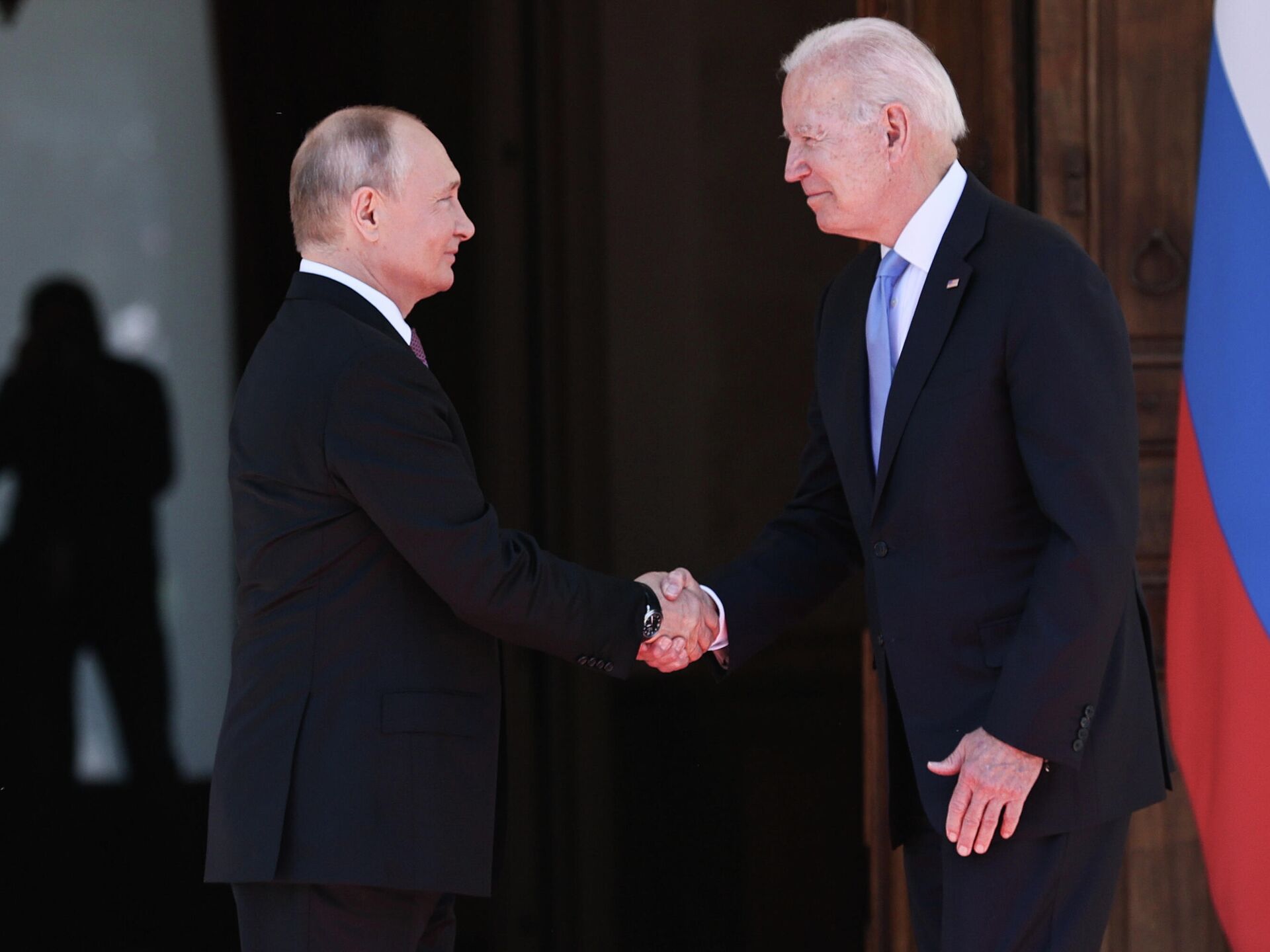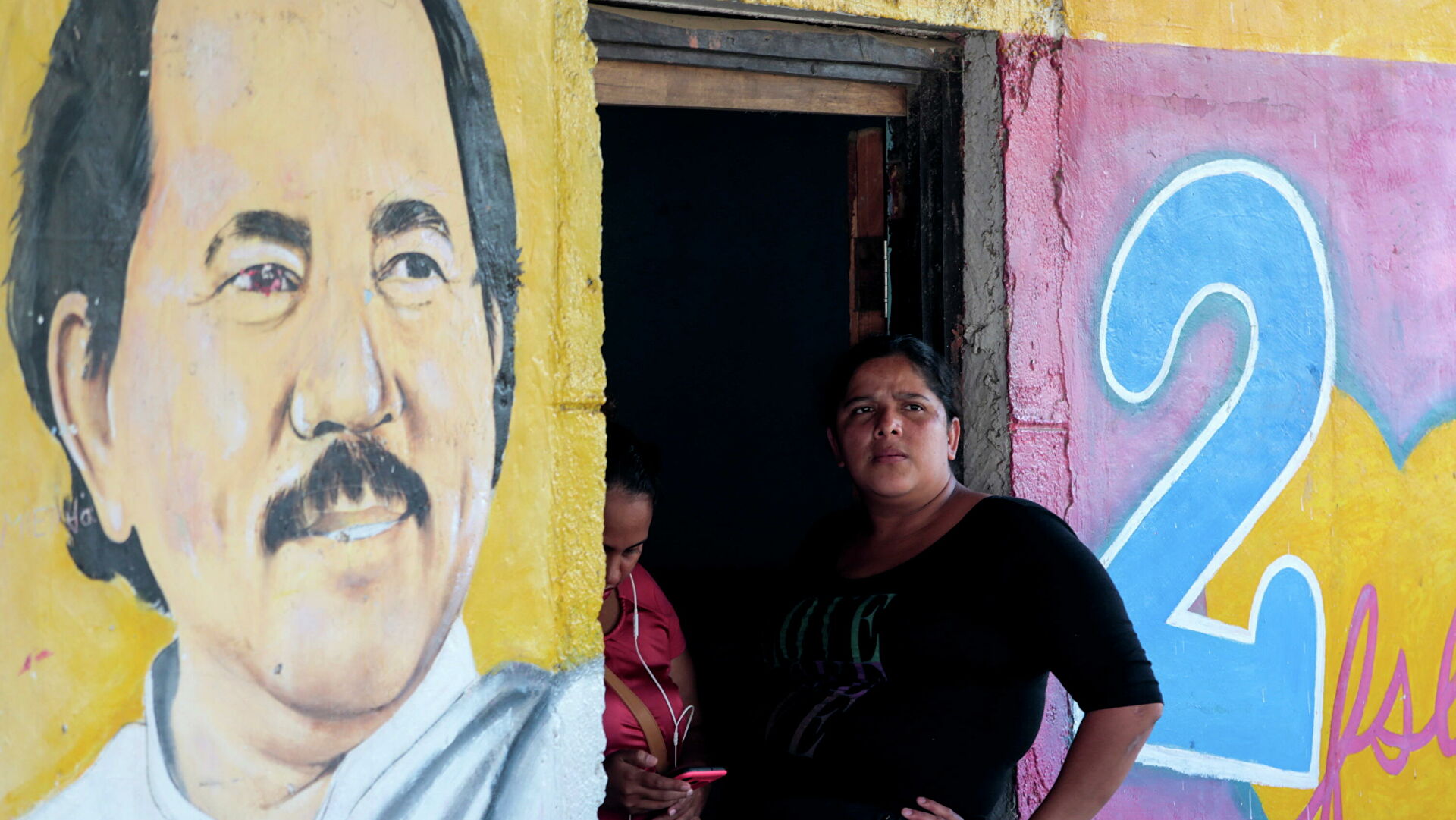
Lev Alburt
Lev Alburt will celebrate his 70th birthday in August. His life was divided in two: the first half passed in the Soviet Union, the second is going on in the USA. In his first homeland, the Odessian GM achieved many successes: he was 3-time Ukrainian Champion, a winner and a prize-winner of numerous international competitions, a repeated participant of the USSR Championship finals which were by then strongest tournaments in the world. In 1979, Alburt, as the saying went, "chose freedom", deciding not to come back from abroad. He has settled down in New York city and has been living there from then on. As Alburt moved to the USA, he became one of the top American GMs, winning the U.S. Championship three times and representing his country many times at the Olympiads. He is still into chess, being not only a successful coach but also a prolific writer. He is the author of many chess books on various topics, which are being sold in prestigious American and European book shops and could occupy nearly a bookshelf if taken together. Apart from that, he has devoted a lot of his time to fighting Soviet communism. He spent his first-earned US money on a trip to Washington D.C. for the Sakharov Hearings. Whenever he got a chance, he provided his chess colleagues coming to the West with anti-Soviet literature. He participated in different rallies and forums, knew Bukowski and Amalrik, was in correspondence with Solzhenitsyn. He was also a member of organizations that made no secret of their intentions to change the Soviet regime. Dramatic acceleration of events in his former country resulting in its collapse was quite unexpected for Alburt, as well as for many others. These days, 25 years after that sharp turn of history, Lev Alburt is still interested in the world political situation. The fate of his former country still worries him, as well as, of course, the fate of his new homeland. We are presenting the GM's point of view on the matters still very important to him.
The Day Stalin Died was the happiest day of my life. Lessons had been cancelled and, ignoring a strict order to return home immediately, I strolled the eerily empty streets of Odessa, a port city on the Black Sea. I was elated, feeling in my bones that things would change for the better. I was seven years old.
In the lobby of my school there was, of course, Comrade Stalin’s statue. Our teachers lived in constant dread lest some kid sneeze at the statue, touch it, make a rude gesture in sight of it. (Whole families disappeared in those days for lesser crimes.)
Fast-forward to 1956, the year of the Hungarian uprising. To keep the populace vigilant, our local bosses spread rumors about the looming Nato invasion. Excited, we – a small group of pre-teens – decided to help our liberators by greeting them with maps locating army barracks, KGB and Communist party HQs. Later I found out that many adults shared those admittedly naive hopes. After all, isn’t western safety best guaranteed by our freedom? Helping us, they help themselves. So we thought.
Alas, the liberators never came. Still, I – and many others – continued to love the west, and especially the United States of America.
At 14, a Soviet youth was expected to join Komsomol, the Communist youth league, and to stay there until 27, at which point the most ambitious would try to join the source of all privileges, the Communist party. The proudest feature of my "Soviet” life was that I’d decided to avoid Komsomol and, for many years, despite many pressures and some temptations, stuck to this decision.
Unknowingly I was trying to follow Aleksandr Solzhenitsyn’s future appeals: "Do Not Lie! Do Not Participate In Lies! Do Not Support Lies!”
As a 19-year-old chess master, I was able to earn good money without constantly lying like Communist party hacks, and without risking jail like underground entrepreneurs. Several years later, I was allowed to travel abroad to play there in chess tournaments. My door to freedom began to open.
I am not a hero. I didn’t dare to fight the Soviet regime from inside. The utmost I could do was "not live by the lie”, and that, I felt, wasn’t enough. I had to go to America to join what I thought of as my team. (Today, American victory in the cold war appears predestined. In the 70s, however, the opposite movement prevailed, as country after country went red.)
Finally, I decided to defect in June 1979. But on an Aeroflot flight from Moscow to Frankfurt, I began to waver. I was already missing my family, my friends. Perhaps I would, after all, come back – one more time, just one? To stiffen my resolve, I grabbed a copy of Pravda, the Communist party’s propaganda paper.
A day after my chess team’s arrival I took a cab and said firmly "Köln, Polizei-Presidium” – the Cologne police headquarters. I announced to authorities that I was a Soviet defector, seeking asylum. After a couple days in Germany, I decided to travel to the US. Yes, for chess, Germany was excellent. But I’d chosen the US as the best place for my fight against the USSR.
A month later I traveled on to John F Kennedy airport. All my belongings easily fit into a small bag; I had $80 in my pocket. I had to win tournaments to make a decent living. Soon, I was the No 1-ranked US chess player.
I already had been to capitalist countries before moving to America, so I wasn’t surprised by life there. Besides, Americans and Russians shared a similar mentality – just look at our histories, how both countries expanded toward the Pacific. Unlike Europeans, both Russians and Americans cross streets on the redlight! That’s just one example of many.
I became a citizen in 1985. I’ve lived in New York City since 1980; being a conservative person, I love my home. Besides, in NYC there are many Russians! I am culturally both Russian and American. Predictably, my life here has centered on politics. My goal was to bring together Russian and American anti-communists. (Sometimes my chess fame helped in my political endeavors.)
This journey culminated in the autumn of 1989, with Soviet satellites exploding one after another. It was magnificent! Then, on 21 August 1991 came my best ever birthday gift: the pathetic end of the back-to-Communism three-day Putsch. During those hectic days I spent many hours on the phone, giving interviews, answering questions, consulting with friends such as Garry Kasparov, then chess world champion, and my close ally in politics.
With the end of Communism, my active involvement in politics was over, or so I thought. The advent of what some have called the second cold war – the increasing antagonism between the US and Russian – has nudged me back to action. I am an admirer of Vladimir Putin, whose action at the time of the putsch and whose wholehearted support and hard work for the US after 9/11 were laudable. Now I find myself, once again, trying to build a bridge between two countries I love. Like in my youth, I think: if not I, who?




_jpg/250px-ElbeDay1945_(NARA_ww2-121).jpg)









